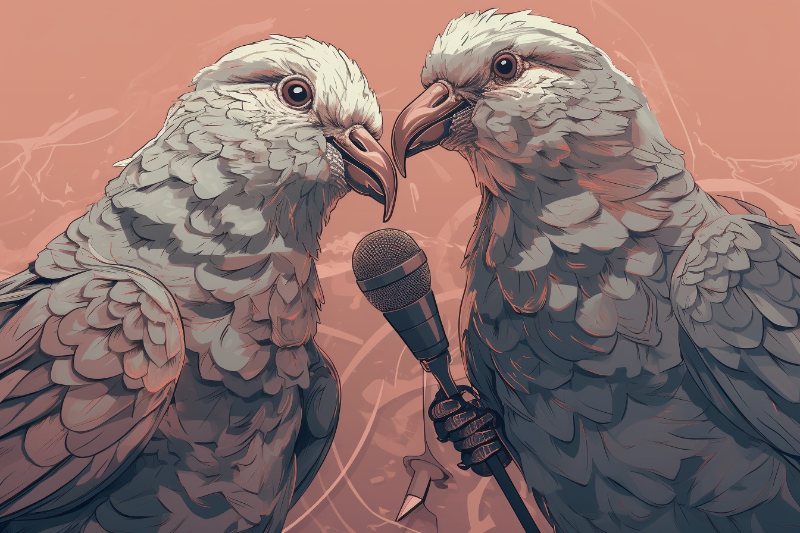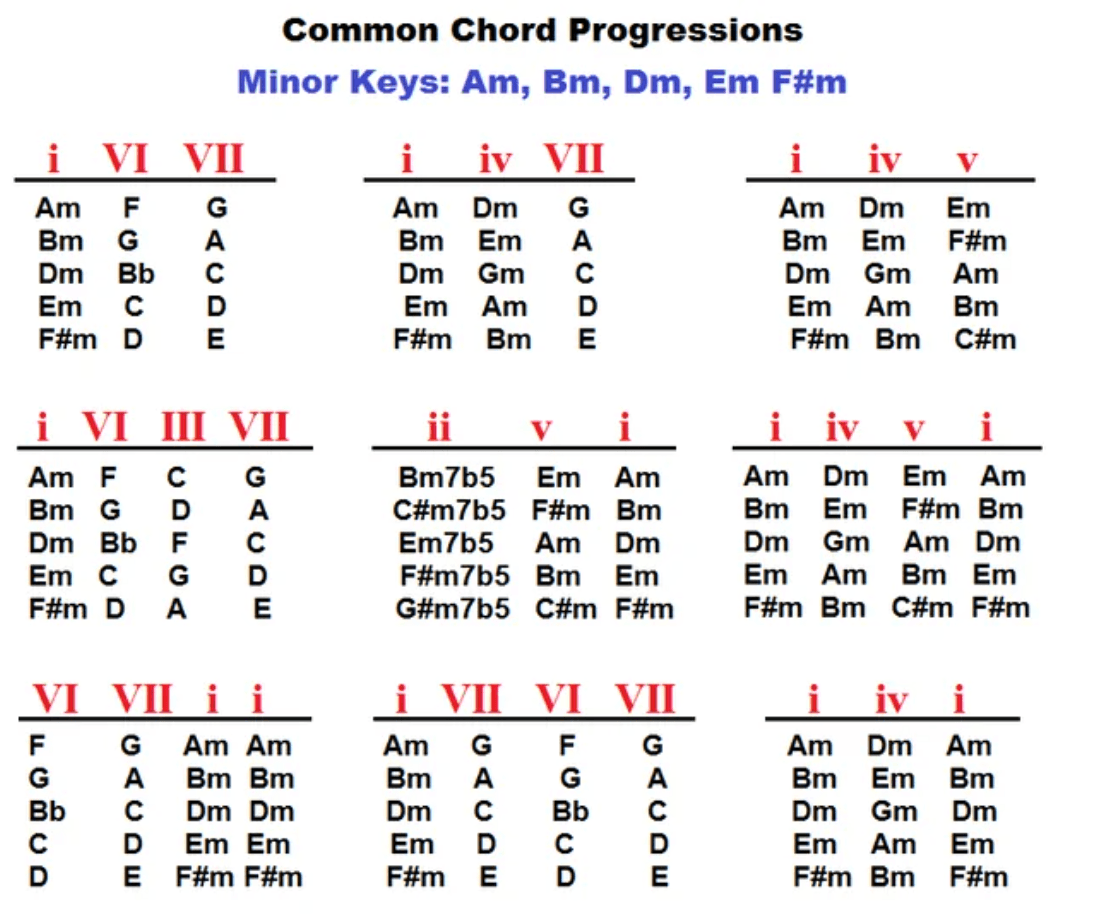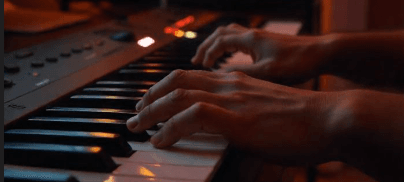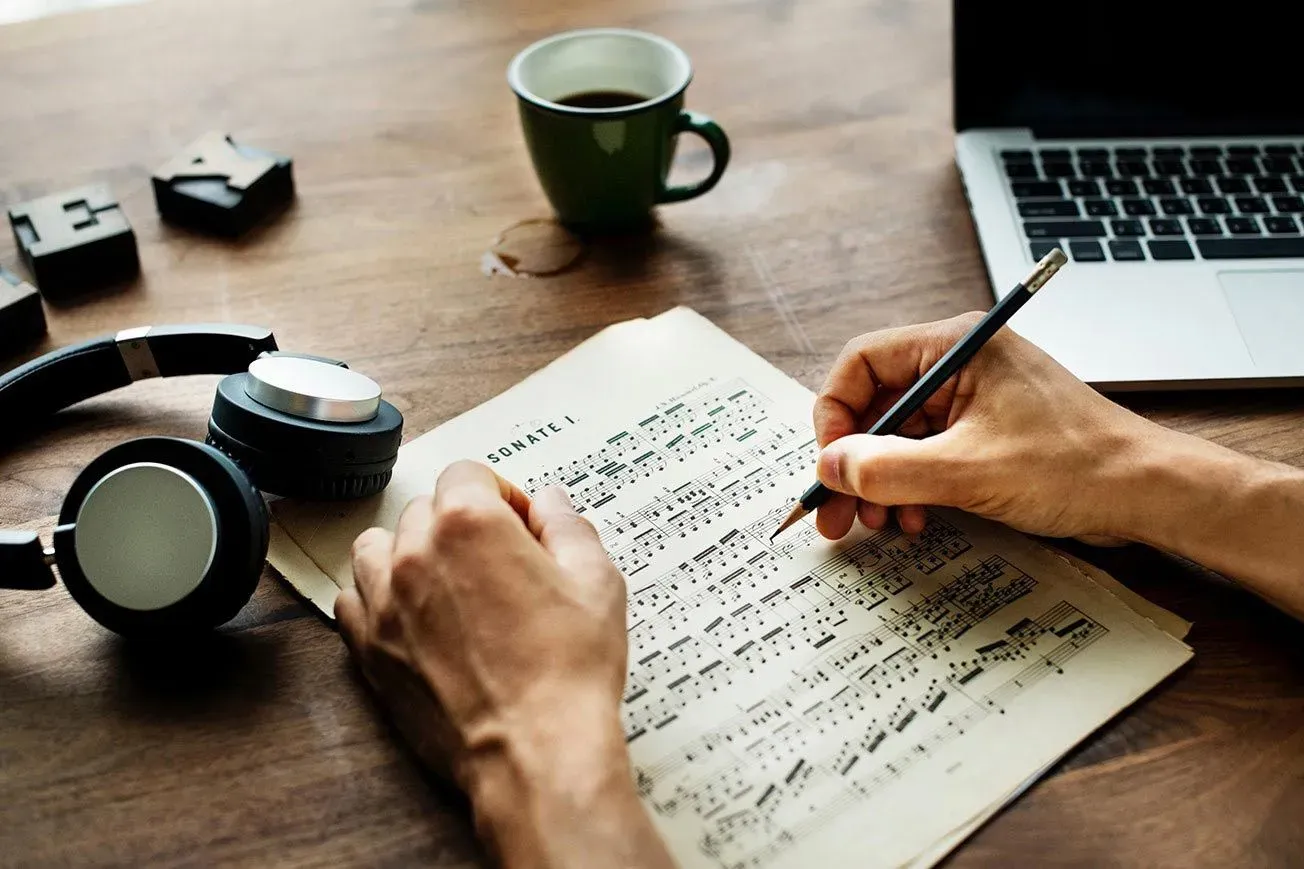In 2024, AI music production tools are revolutionizing the way we create music. These tools are not just add-ons; they're powerful allies in the creative process, offering musicians and producers unprecedented assistance and inspiration.
Let's take a look at what's new in this exciting field!

What's New in AI Music Production in 2024?
AI music production has taken significant strides in 2024.
The advancements are not just in the realm of efficiency but also in creativity and versatility. Here are the key developments:
Enhanced Collaborative Features: AI as a Collaborative Partner
In 2024, AI has redefined the dynamics of collaboration in music production.
AI systems have become key collaborative partners, not just in generating content but also in providing advanced analytics and predictive insights.
This shift has led to more dynamic and inclusive music creation processes. Musicians across the globe can now interact and collaborate in real-time, breaking down geographical and cultural barriers.
This development has fostered a more diverse and rich music creation environment, allowing for a fusion of styles and ideas that were previously challenging to achieve.
Sophisticated Lyric and Melody Generation: Multi-Modal Generative AIs
The latest generation of AI tools in music production are truly multi-modal.
They can process and integrate various data types like text, visuals, and audio, leading to more sophisticated lyric and melody generation.
These AI systems can now create more complex and nuanced lyrical content and melodies.
They are capable of understanding and interpreting a wide array of musical genres and styles, allowing them to provide more personalized and high-quality outputs.
This advancement has bridged the gap between human creativity and AI efficiency, making the music creation process more intuitive and inspiring.
Intuitive Interface Design: Addressing Legal Challenges
As AI tools in music production become more sophisticated, the legal landscape surrounding them is evolving.
The rapid development of generative AI in music has raised complex legal challenges, especially in terms of intellectual property and copyright.
In response, 2024 has seen the development of new legal frameworks and guidelines to govern the rights and ownership of AI-generated content.
This evolution is crucial for balancing the protection of original creators' rights with the innovative potential of AI in music.
It ensures that while AI tools become more intuitive and accessible, they also respect the legal and ethical boundaries of music creation.
Top AI Music Production Tools in 2024
The landscape of AI music production has witnessed a significant evolution in 2024, with tools that not only streamline the creative process but also enhance the artistic journey.
Let's explore some of the groundbreaking tools that are shaping the future of music production.
1. Empress Chord Generator: AI Chords
This innovative audio AI tool stands out for its ability to suggest unique chord progressions based on user input.
The Empress Chord Generator serves as a valuable tool for both composers and songwriters, streamlining the task of choosing chords and initiating the creative journey.
This tool is especially beneficial for individuals with limited knowledge of music theory, offering a variety of chord progressions suitable for a wide array of musical genres and emotional tones.
2. Melody Muse: AI Melody Generator
As an AI-driven melody creator, Melody Muse adapts to individual styles and preferences, making it a versatile tool for a wide range of musicians.
Whether you're crafting a pop ballad or an intricate jazz piece, Melody Muse offers an intuitive platform to generate and refine melodies.
Its advanced algorithms consider the nuances of different genres, providing a user-friendly interface to explore and develop musical ideas.
3. Lyricist AI: Lyrics Generator
Lyricist AI uses advanced algorithms to craft lyrics that resonate with a specific theme or emotion.
It's more than just a word generator; it's a creative partner that understands the subtleties of language and emotion in music.
Whether you're looking for inspiration for a love song or the right words for a protest anthem, Lyricist AI provides a starting point that can be further refined and personalized.
4. BeatCraft: Craft Innovative Beats
Specializing in creating diverse and intricate beat patterns, BeatCraft is a boon for producers and beat makers.
It caters to various genres, from hip-hop to electronic dance music, offering an extensive library of beats and rhythms.
BeatCraft's intuitive interface allows for easy manipulation and customization of beats, enabling producers to experiment and find the perfect rhythm for their tracks.
5. SetList AI: Playlist and Setlist Creator
For DJs and live performers, SetList AI is an invaluable tool.
It assists in creating dynamic set lists that adapt to audience responses, ensuring that every performance is fresh and engaging.
Whether playing at a club, festival, or private event, SetList AI helps DJs curate a set that resonates with their audience, making live performances more interactive and responsive.
Also: Read more about how DJs can use AI Tools In 2024
6. Lalal.ai: Advanced Audio Separation
Lalal.ai represents a significant advancement in audio technology, offering a platform that elevates audio enhancement to new heights.
Beyond its capabilities as a vocal remover, Lalal.ai excels as a music source separation service.
Its precision and speed in extracting stems from vocals, instrumentals, drums, bass, piano, or guitar without quality loss make it invaluable for audio enthusiasts and professionals.
The tool’s sophisticated algorithms enable the magical separation of full stereo mixes into individual elements, making it ideal for music production, remixes, and educational purposes.
7. Mubert: Custom Music Generation
Mubert stands as a prominent AI-powered platform for generating unique music tracks for various applications.
It's particularly beneficial for developers, brands, and artists, aiding in the creation of soundtracks that align with their projects.
Mubert’s strength lies in its ability to produce immersive tracks across different genres easily. Its royalty-free music solution and innovative AI ecosystem make it a key player in the realm of AI-generated music, offering a mix of practicality and creativity.
8. Voicemod: AI Text to Song Generator
Voicemod introduces an innovative AI Text to Song Generator, transforming text into catchy tunes. Part of Voicemod's broader synthetic voice generation capabilities, this feature caters to those taking their initial steps in music creation.
The tool is user-friendly and accessible via web browsers, allowing for a variety of AI singing voices and tunes.
Voicemod’s commitment to expanding its musical options ensures a continually enriching experience for users, making it a novel tool for musically enriched communication.
9. Boomy: Streamlined Music Creation
Boomy is an innovative platform that democratizes music creation, enabling users to generate original songs swiftly.
Its AI mimics human creativity, placing notes on a timeline and blending them with synths or instrument samples to produce unique mixes.
This approach to music creation is particularly accessible to novices, offering an easy route to generating music while maintaining a structure similar to traditional music composition.
10. SoundfulAI: Versatile Background Music Generator
Soundful, also known as SoundfulAI, is a powerful AI music generator designed for crafting royalty-free background music.
Its simplicity and customization options make it a versatile tool for content creators.
Users can select a genre, customize inputs, and create tracks that align with their creative needs.
SoundfulAI’s ability to create intricate soundscapes by analyzing and replicating key song elements makes it a comprehensive tool for producing polished background music for videos, streams, and podcasts.

Other Upcoming Music Production Trends
The music production landscape is continually evolving with technological advancements and innovative approaches.
As we move through 2024, several key trends are emerging that are set to redefine how music is created and experienced.
Virtual Reality Integration: Immersive Experiences in Music Production
Virtual and Augmented Reality (VR/AR) technologies, after revolutionizing the gaming sector, are now pioneering new advancements in music production.
These technologies enable musicians and producers to delve into virtual studios, offering an interactive realm where they can manipulate both sound and visuals in a real-time 3D environment.
Though these technologies are in the growth phase, their rapid development in music production signals an upcoming era of innovative creative opportunities.
It offers an entirely immersive experience, opening doors to novel sound experimentation that was previously unattainable. Imagine the possibilities of crafting music in a 3D space, where sound can be manipulated with gestures and visual cues.
Sustainable Audio Production: Focus on Environmentally Friendly Practices
Sustainable practices in music production are gaining traction, with a particular emphasis on reducing the carbon footprint of studios.
One of the key solutions emerging is the use of solar power in music studios. Solar-powered studios are not only more energy-efficient, harnessing the abundant and renewable energy of the sun, but also offer significant cost savings.
They are reliable, provide consistent power supply, and are now incorporating advanced soundproofing materials into solar panels.
This combination of innovation and eco-friendliness is redefining the concept of a music studio, creating an inspiring and sustainable atmosphere for artists.
Additionally, the use of solar power in music studios promotes a commitment to sustainability, which can positively impact a studio's PR and marketing efforts.
Community-Driven Platforms: Enhancing AI's Capabilities
Community-driven platforms are another trend gaining momentum in 2024. These platforms allow users to contribute to the AI's learning process, thereby enhancing its capabilities.
An example is Harmonai, a community-driven organization releasing open-source audio tools. T
his approach democratizes music production, enabling a wider range of creators to influence and benefit from the advancement of AI in music.
Such platforms not only foster collaboration and innovation but also ensure that the tools developed are more aligned with the needs and preferences of the music production community.
Embrace the Future with Empress
As we've seen, AI music production in 2024 is about enhancing the creative process! Empress offers an array of audio AI tools to inspire and assist musicians. Whether you're a seasoned producer or just starting, Empress can elevate your audio production experience. Try Empress todayand bring your musical visions to life!
FAQs: AI music production
Q1: How does AI help in music production?
AI assists in generating ideas, refining sounds, and streamlining the production process.
Q2: Can beginners use these AI music tools?
Yes, they're designed for all skill levels.
Q3: Are AI-generated music pieces unique?
Absolutely, AI tools offer personalized outputs based on user input.
Q4: Is AI in music production affordable?
Many tools offer scalable pricing, making them accessible to various budgets.
Q5: Can AI tools adapt to different music genres?
They're versatile and can cater to a wide range of genres.
Follow the future of music with Empress. Check out our blog to learn how you can effectively use these AI music tools.


